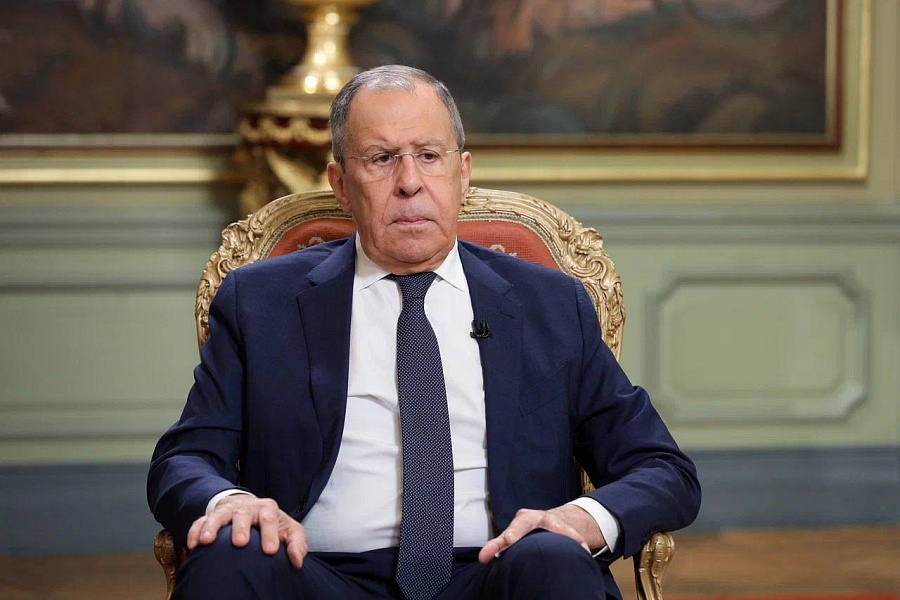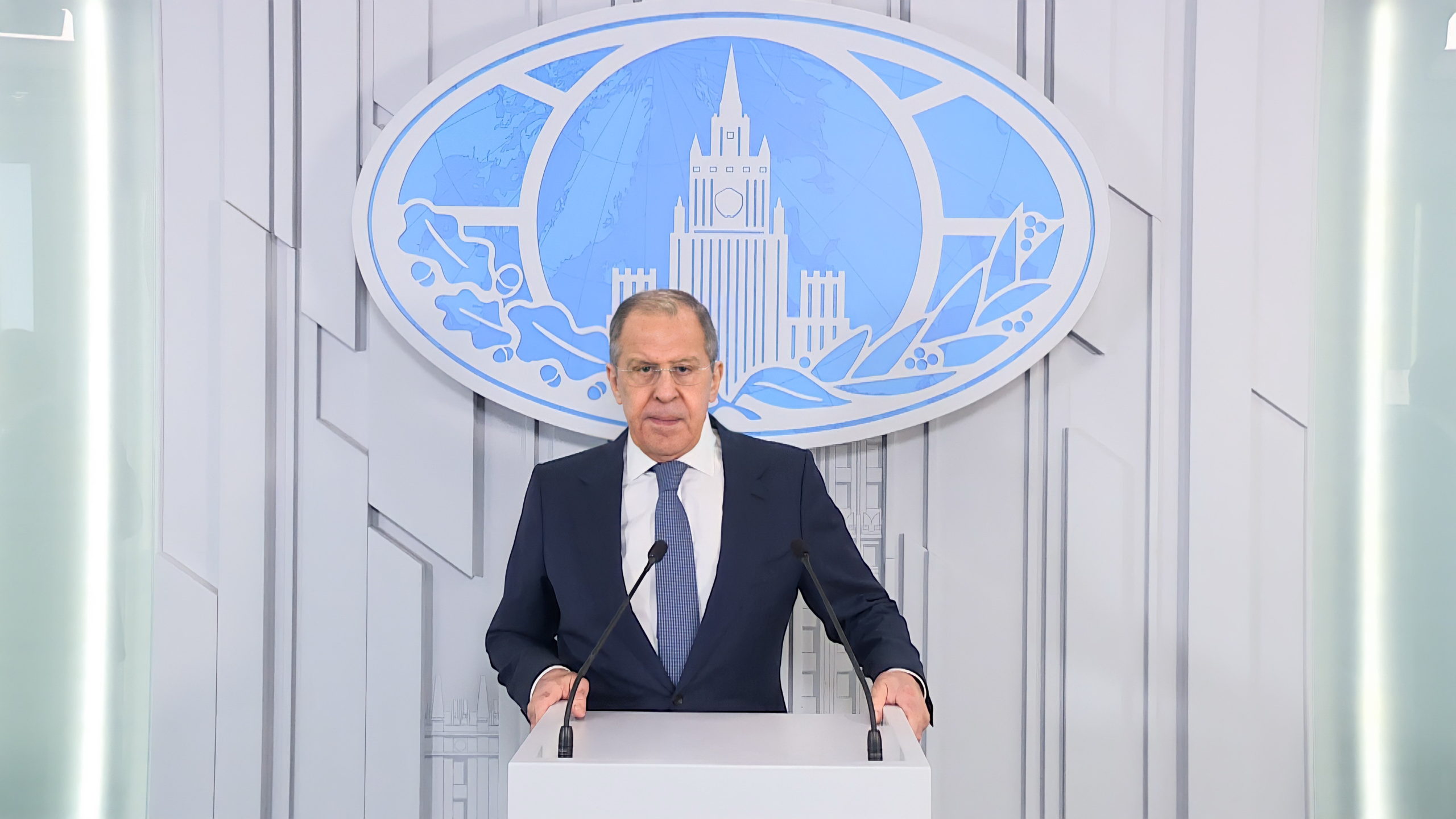Chinese Foreign Minister Wang Yi, also a member of the Political Bureau of the Communist Party of China Central Committee, will visit Egypt, Tunisia, Togo and Cote d’Ivoire upon invitation from Jan. 13 to 18. This is the 34th consecutive year that Africa has been the destination of Chinese foreign ministers’ annual first overseas visit. Following his visit to Africa, Wang will visit Brazil and Jamaica upon invitation from Jan. 18 to 22.
Senior CPC official Liu Jianchao visits U.S.
Liu Jianchao, minister of the International Department of the Communist Party of China (CPC) Central Committee, has conducted in-depth exchanges of view on China’s development prospects, China-U.S. relations, and global governance with different sides during a six-day visit to the United States.

During the exchanges, the Chinese and U.S. sides agreed that they will continue to implement the important common understandings reached by the two heads of state and take concrete actions to promote the stable, sound and sustainable development of China-U.S. relations.
Liu attended a series of events, including separate meetings with U.S. Secretary of State Antony Blinken, U.S. Principal Deputy National Security Advisor Jon Finer, Democratic and Republican senators and representatives, and Mayor of San Francisco London Breed. He also held discussions with the U.S. financial and business communities, think-tanks and media.
During the visit, Liu also attended a special seminar under the China-U.S. 1.5 Track Dialogue, and delivered a speech at the U.S. Council on Foreign Relations.
Chinese Foreign Ministry Spokesperson’s remarks on US State Department’s statement on the election in China’s Taiwan region
The US State Department’s statement on the election in China’s Taiwan region seriously violates the one-China principle and the three China-US joint communiqués, and goes against the US’ own political commitment to maintaining only cultural, commercial, and other unofficial relations with the people of Taiwan. It also sends a gravely wrong signal to the “Taiwan independence” separatist forces. We strongly deplore and firmly oppose this, and have made serious representations to the US side.
The Taiwan question is at the very core of China’s core interests and the first red line that must not be crossed in China-US relations. The one-China principle is a basic norm in international relations, a prevailing consensus among the international community, and the political foundation of China-US relations. China firmly opposes the US having any form of official interaction with Taiwan and interfering in Taiwan affairs in any way or under any pretext. We urge the US to earnestly abide by the one-China principle and the three China-US joint communiqués and act seriously in accordance with the commitments that have been reaffirmed multiple times by the US leaders to not supporting “Taiwan independence”, “two Chinas” or “one China, one Taiwan”, and not seeking to use the Taiwan question as a tool to contain China. We urge the US to stop interactions of an official nature with Taiwan and stop sending any wrong signal to the separatist forces for “Taiwan independence”.
Chinese Foreign Ministry Spokesperson’s Remarks on the Election in Taiwan
The Taiwan question is China’s internal affair. Whatever changes take place in Taiwan, the basic fact that there is only one China in the world and Taiwan is part of China will not change; the Chinese government’s position of upholding the one-China principle and opposing “Taiwan independence” separatism, “two Chinas” and “one China, one Taiwan” will not change; and the international community’s prevailing consensus on upholding the one-China principle and long-standing and overwhelming adherence to this principle will not change. The one-China principle is the solid anchor for peace and stability in the Taiwan Strait. We believe that the international community will continue to adhere to the one-China principle, and understand and support the Chinese people’s just cause of opposing “Taiwan independence” separatist activities and striving to achieve national reunification.
(C) Chinese Newsletter January 14, 2024









